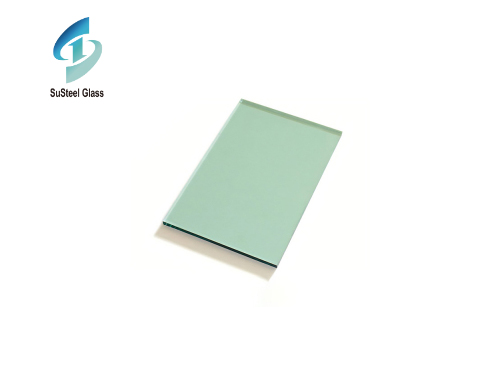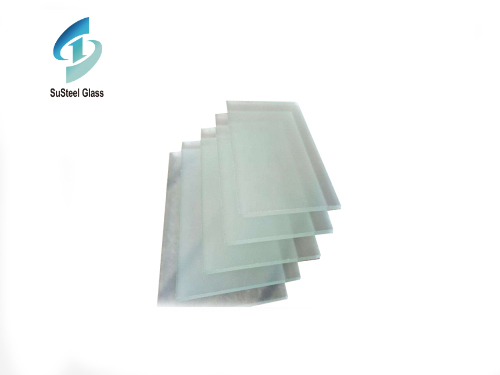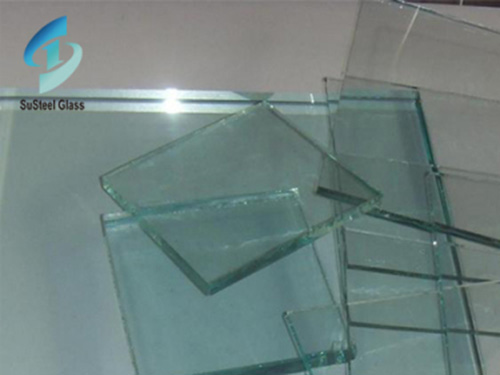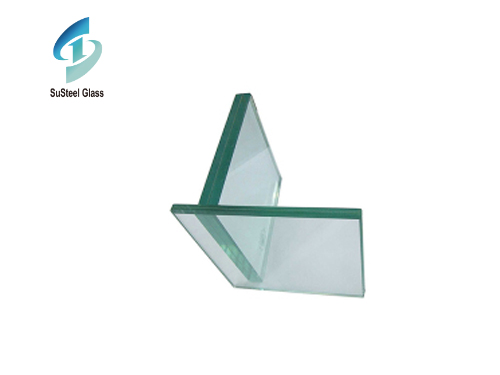Ultra-thin glass, also known as thin-film glass or ultra-slim glass, is a cutting-edge material that has gained significant attention and adoption across various industries due to its exceptional properties and diverse applications. This type of glass is characterized by its remarkably thin thickness, often ranging from a few micrometers to a few millimeters, while still maintaining the transparency and strength of traditional glass.
One of the most notable features of ultra-thin glass is its flexibility and bendability. Unlike standard glass, which is rigid and brittle,
ultra-thin glass can be bent, curved, and shaped without compromising its structural integrity. This flexibility opens up new possibilities for innovative designs and applications in areas such as flexible displays, curved screens, and wearable devices.
Moreover, ultra-thin glass offers excellent optical properties, including high transparency and low light distortion. This makes it an ideal choice for applications requiring high-definition displays, such as smartphones, tablets, televisions, and electronic signage. The optical clarity of ultra-thin glass enhances the viewing experience by delivering vibrant colors, sharp images, and reduced glare.
Another advantage of ultra-thin glass is its lightweight nature, contributing to the overall weight reduction of devices and products. This is particularly beneficial in industries like aerospace, automotive, and consumer electronics, where lightweight materials are preferred to improve fuel efficiency, performance, and user comfort.
Additionally, ultra-thin glass exhibits superior scratch resistance and durability compared to other flexible materials like plastic films. This makes it suitable for use in protective covers, touchscreens, and electronic components that require resistance to wear and tear, impact, and environmental factors.
The thermal and chemical stability of ultra-thin glass further enhances its utility in demanding applications. It can withstand high temperatures, moisture, and exposure to chemicals without warping, discoloration, or degradation. This makes it suitable for use in harsh environments and applications where reliability and longevity are crucial.
In conclusion, ultra-thin glass represents a significant technological advancement in materials science, offering a combination of flexibility, transparency, strength, and durability. Its applications span across industries such as electronics, automotive, aerospace, and architecture, driving innovation and enabling the development of next-generation products and solutions. As research and development in ultra-thin glass continue, we can expect further breakthroughs and expanded use cases for this remarkable material.

 Exploring the World of Green Tinted Glass Products: Versatility and Sustainability
Exploring the World of Green Tinted Glass Products: Versatility and Sustainability
 Exploring the Versatility and Elegance of Custom Thick Glass
Exploring the Versatility and Elegance of Custom Thick Glass



